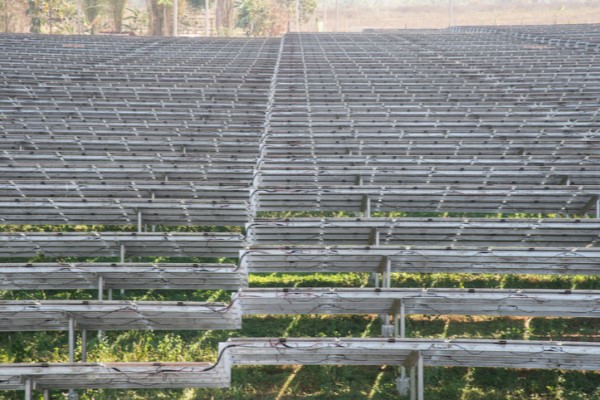New battery technologies tested at regional WA microgrids
Horizon Power, Western Australia’s regional energy provider, will install and trial Redflow’s zinc-bromine flow battery (100kW/400kWh) and BASF’s sodium sulphur battery (250kW/1,450kWh) on Western Australian microgrids in Nullagine and Carnarvon, respectively.
The Australian Renewable Energy Agency (ARENA), on behalf of the Federal Government, announced $2.85 million would be funded under the Regional Microgrids Program to trial two novel long-duration energy storage technologies at remote microgrids in Western Australia.
ADVERTISEMENT
“Renewable dispatchable technologies such as solar and wind combined with lithium-ion battery energy storage systems and pumped hydro are well established, however, there are characteristics of each that may not be suited to all locations, particularly in locations with extreme heat,” ARENA chief executive officer Darren Miller says.
“Horizon Power’s project, if proven successful, could see these innovative battery technologies become an important part of our energy mix in regional communities.”
Horizon Power has several lithium-ion batteries installed on networks it operates but has identified a need for longer-duration energy storage technologies to be included in its portfolio.
The project will test each battery’s ability to shift rooftop solar electricity produced in the middle of the day to evening hours as well as demonstrate hybrid operability alongside lithium-ion batteries for optimal network service delivery.
If the trial is successful, Horizon Power’s $5.7 million project will validate the technical viability of zinc-bromine and sodium sulphur batteries in remote microgrids, reduce the risk in future deployments and help to accelerate the rollout of Distributed Energy Resource Management Systems (DERMS) across Horizon Power’s 34 service areas.
The BASF battery will also be the first of its kind connected to a regulated network and a DERMS platform in Australia.
-
ADVERTISEMENT
-
ADVERTISEMENT


